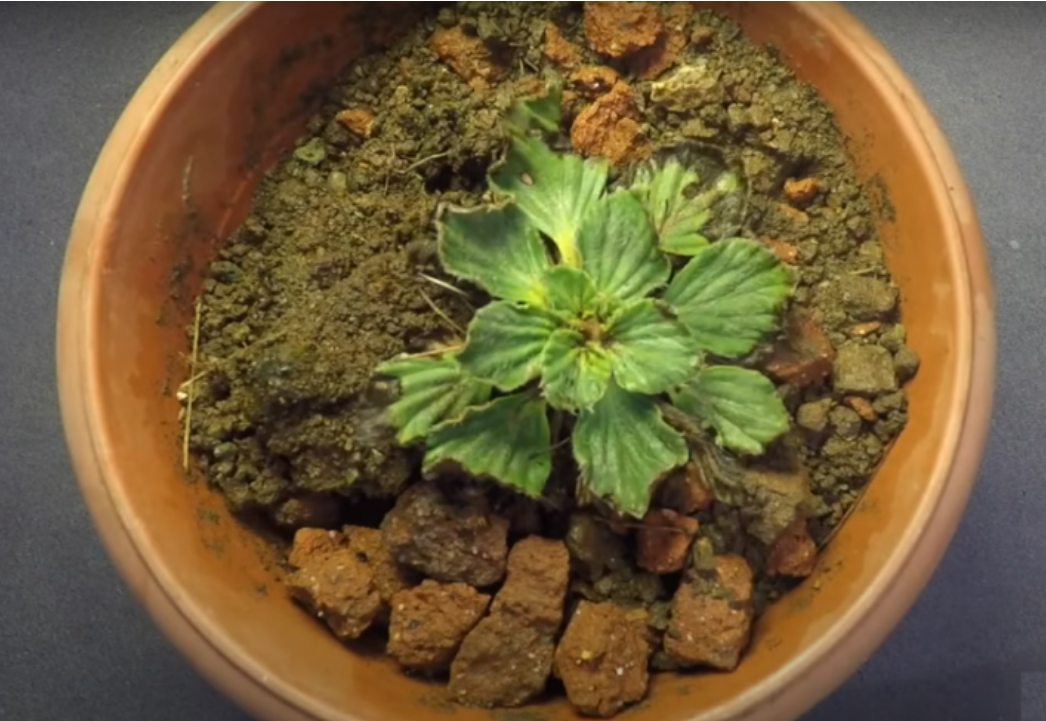Description

Disclaimer: Copyright infringement not intended.
Context
- In countries one of the bio-hotspot, Western Ghats, 60 plant species are found by researchers which can withstand extreme dehydration conditions.
- These species can range from algae to angiosperms.
- These are desiccation-tolerant (DT) vascular plants which can be used to develop high temperature tolerant variety of crops.
Other Details
- These species mainly were found in rocky outcrops in the tropics.
- These DT plants can tolerate a loss of water content up to 95 per cent and still survive and recover quickly.
- They change color or fold/shrink their leaves during the period of desiccation.
Plant species
- Out of 62 plant species found –
- 16 are endemic to India.
- 12 are exclusive plant species of Western Ghats
- There are mainly found in extreme habitats, like hot and cold deserts, estuaries, rock outcrops, glaciers and other arid and semi-arid regions.
- These are also found in Northern Western Ghats (NWG) cliff habitat, deep soil depressions, boulders, gravelly patches and cryptogamic crusts etc.
- However the preferred habitats are
- Ferricretes (layers of sedimentary rock) - Glyphochloa goaensis, Glyphochloa ratnagirica and Glyphochloa santapaui are found here exclusively.
- Basaltic plateaus
- The study estimates global population of such plant varieties in a range between 300 and 1,500.
- A total of 9 generic records to global list are from India which are –
- Pyrrosia, Aleuritopteris, Corallodiscus, Arundinella, Bhidea, Bothriochloa, Danthonidium, Dimeria and Glyphochloa
Significance of Discovery
- These plants can help in improving climate resilience of other crops.
- The agriculture can be taken up and promoted in areas where water is scarce.
- Increasing temperatures, due to global warming impacting crop produce. Such discoveries may help in creating crop varieties which can survive at high temperatures.
- In general this will ensure the food security across world.
- It highlights the significance of Western Ghats for Biodiversity conservation.

Biodiversity Hotspots
- Biodiversity hotspots are regions that contain a high level of species diversity, many endemic species and a significant number of threatened or endangered species.
- These are heavily threatened by habitat loss and other human activities.
- Endemic species are those species which are limited/restricted to a particular region and are not found in other parts/areas of the world.
- This concept of hotspots was introduced in the late 1980s.
- A total of 36 regions across the globe are considered as Biodiversity Hotspots, which represent 2.5% of Earth’s land surface.
- These support more than half of the world’s plant species as endemics and more than 40% Mammals /birds/reptiles species as endemics.
Criteria for a Biodiversity Hotspot –
- It must have at least 1,500 vascular plants as endemics — which is to say, it must have a high percentage of plant life found nowhere else on the planet. A hotspot, in other words, is irreplaceable.
- It must have 30% or less of its original natural vegetation. In other words, it must be threatened.
Biodiversity Hotspots in India
- India has 4 Biodiversity Hotspots which are –
- Himalayas
- Indo-Burma region
- Western Ghats
- Sundaland

Disclaimer: Copyright infringement not intended.
Must Read Article:
Climate-Resilient Agriculture
https://www.iasgyan.in/daily-current-affairs/the-need-for-climate-resilient-agriculture
https://www.iasgyan.in/daily-current-affairs/climate-resilient-agriculture
Western Ghats
https://www.iasgyan.in/daily-current-affairs/kasturirangan-committee-on-western-ghats
|
PRACTICE QUESTION
The western ghats are significant for the conservation of biodiversity in India. Elaborate in the context of Biodiversity hotspots. These regions also have the potential to significantly contribute in creating climate resilient crops, Discuss. (150 words)
|
https://www.downtoearth.org.in/news/wildlife-biodiversity/over-60-species-of-plants-that-can-survive-extreme-dehydration-found-in-western-ghats-90725














